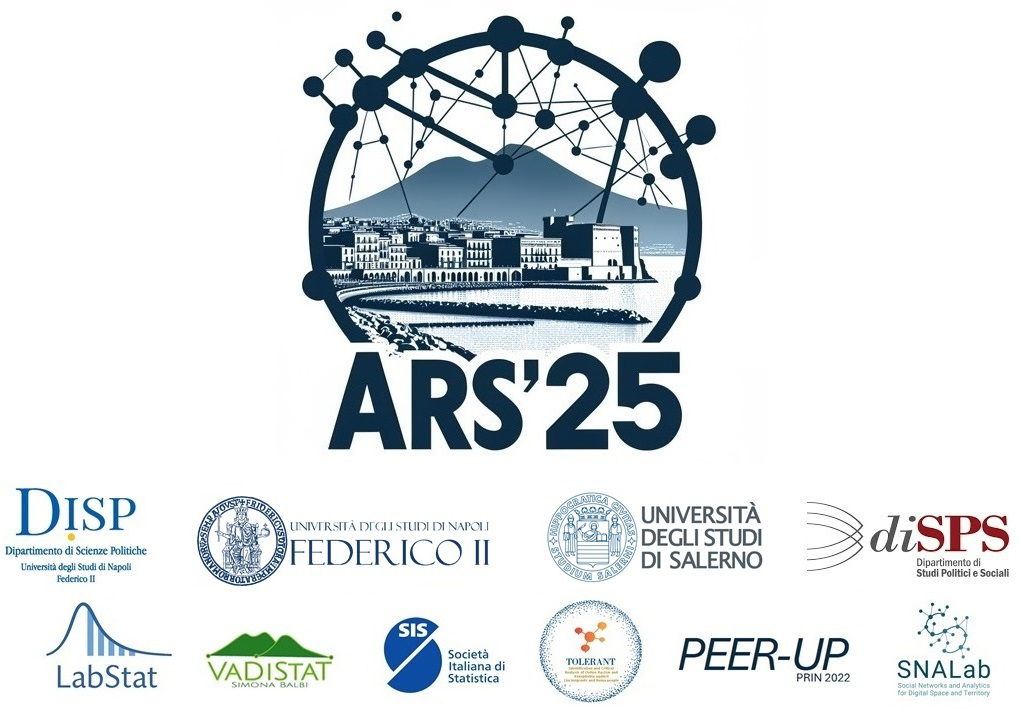Speaker
Description
The mobility of modern academic scholars offers valuable insights into the dynamics of career development, institutional reputation, and the strategic choices shaping academic trajectories.
In this study, we examine the scholarly mobility of Italian academic statisticians between 2000 and 2024, with the aim of uncovering the drivers of the academic mobility process.
Using multiple data collection strategies and machine learning-based preprocessing, we built a comprehensive dataset that captures mobility patterns over time. The data includes names, surnames, and institutional affiliations from the Italian Ministry of University and Research (MUR). Subsequently, we identified each scholar’s Scopus ID and extracted their complete publication history from the past 24 years. To address missing affiliation data—particularly for scholars who moved abroad—we used institutional information available in Scopus records.
In addition to tracking individual mobility, we collected information on each scholar’s scientific disciplinary sector, the institutions involved, and their publication output. The resulting dynamic network was analyzed using the Relational Event Model (REM), which allowed us to investigate how individual characteristics, institutional factors, and research productivity shape mobility trajectories over time. A range of covariates was used to explore the drivers of network dynamics. We address key questions such as: Does co-authorship influence mobility, or does mobility shape research productivity? Do scholars tend to move to institutions where their co-authors are based?
Keywords/Topics
Relation Event Model, mobility network, scholar mobility, co-authorship network

